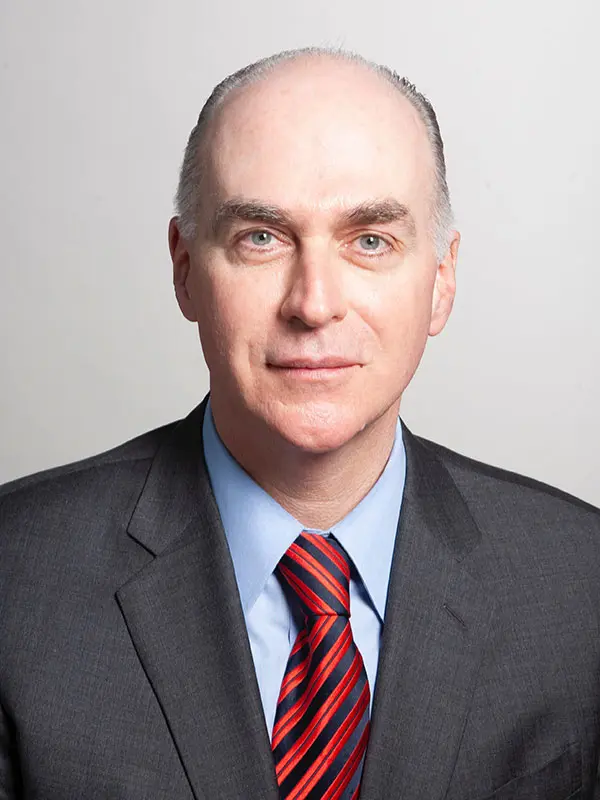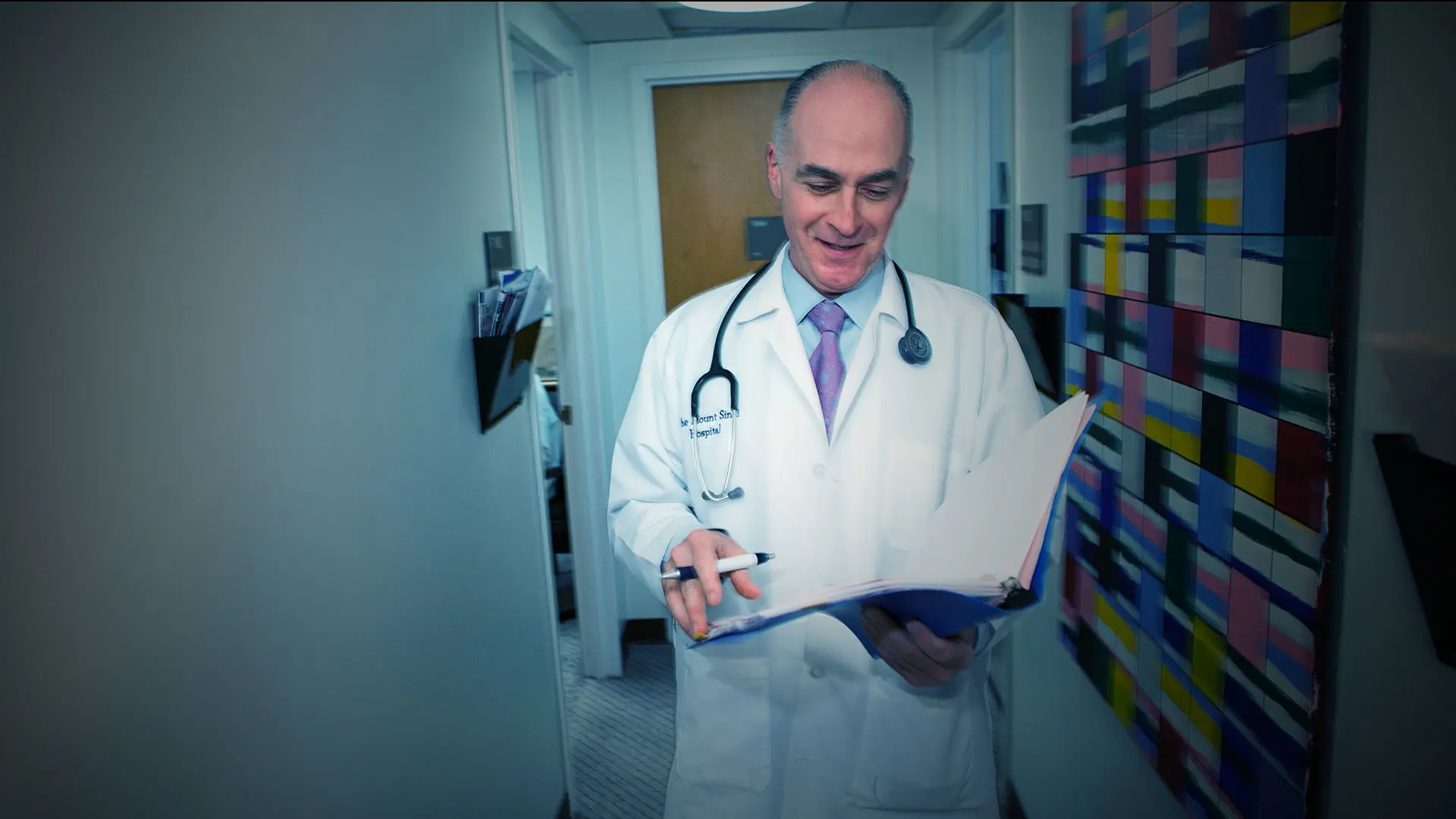Related Article
Among several recent accomplishments of note for Mount Sinai’s Institute for Advanced Medicine is one in bricks and mortar: the opening of a new space on West 124th Street off Adam Clayton Powell Boulevard in central Harlem.
The Institute decided to merge its Morningside and Jack Martin clinics, which had been situated on Mount Sinai Health System hospital campuses in neighborhoods adjacent to Harlem, and move them to this new address in order to bring its services directly to a population that needs them.
The Institute is a New York State Designated AIDS Center (DAC), whose core mission is to provide comprehensive care to people who have or are at risk for HIV. The Institute’s broader focus is on providing for the needs of the HIV/AIDS community, the LGBTQ+ community, those who were recently incarcerated and have been released, and people experiencing domestic violence, among others. The goal: “Quality care; every patient; every time.”
The location of the new clinic is recognition that Black and Latino populations constitute a considerable portion—about two-thirds—of the Institute’s patient demographics.
“Moving the whole operation to Harlem will really assist us in our efforts to help more people from those populations get primary care and testing, treatment, and prevention,” explains Michael Mullen, MD, Executive Director of the Institute and a Professor of Medicine (Infectious Diseases) at the Icahn School of Medicine at Mount Sinai.
“The two programs, Morningside and Jack Martin, were both based within the hospitals,” adds Matt Baney, the senior administrative director of the Institute. “By combining these two programs, we are taking co-located services and bringing them out to where the people live. It is about increasing access to care. It’s an important shift for us to bring services into people’s neighborhoods rather than have them come to us.”
“We are taking co-located services and bringing them out to where the people live. It is about increasing access to care. It’s an important shift for us to bring services into people’s neighborhoods rather than have them come to us.”
- Matt Baney
Grants Fuel Growth
Innovating how and to whom care is delivered is a hallmark of the Institute. Other major medical centers in the New York area have DACs, but the size of the Institute’s programs and number of services offered are extraordinary. For that, a lot of credit must go to the Institute’s program development and grant-writing capabilities.
“Mount Sinai’s DAC has become a very, very large program,” Dr. Mullen says. “We have been very successful in getting grants for special populations. When we see a need, we go and write a grant for it, and get it.”
“Some of our services have become more expansive than similar services elsewhere,” Mr. Baney says. “Part of the credit goes to the support from our institution, Mount Sinai, which has really made a commitment to this population.”
Unusually, nearly 70 percent of the Institute’s 350 employees are funded through grants. “We realize our services are expensive,” Mr. Baney adds. “So we go out and get other funding.”
The Institute has received many grants. Recent programs funded by grants include:
The VIP (Voices in Partnership) program, which supports transgender, intersex, gender-non-conforming, and non-binary people with HIV/AIDS. The program works to identify these individuals and offers enhanced HIV and psychosocial case management.
The Food and Nutrition program, which helps HIV-positive individuals with food insecurity and chronic health conditions. The program offers food vouchers and medical nutrition therapy.
The Coming Home program, which provides services to those who have recently been released from prison or jail or who have a history of incarceration.
Another unique program is the result of a partnership between the Institute and Mount Sinai’s Brookdale Department of Geriatrics and Palliative Medicine, with support from the Keith Haring Foundation. “The majority of our patients are older than 50,” Dr. Mullen notes. “We know there are many needs in the HIV-positive geriatric population that should be addressed; for example, comorbidities associated with HIV. Some of these patients have been on medications for 40 years, and that takes a toll on the body.”
The program embraces a new care model that includes comprehensive assessment and treatment of both the physical and psychological challenges of older patients with HIV. The grant also has enabled the creation of a fellowship-like training program that will help replicate similar programs for the future.
The Institute’s programs also inform patients about additional help available in the community. “We know we can’t do everything, so to expand the continuum of care for our patients we have links to complementary services out in the community,” Mr. Baney says. “We have about 60 links with other groups within New York City, and others link with us. We are definitely a community-based program.”
As part of an academic medical center, the Institute is also involved in research and educating the next generation of caregivers. Whether involved in clinical care, research, or education, the Institute’s staff display exceptional dedication, which is highlighted by a remarkable film that focuses on the Peter Krueger Clinic (see related article).
As new challenges come their way, new innovations respond. An example is Tele-PrEP, an extension of the Institute’s Pre-Exposure Prophylaxis (PrEP) program that is delivered using telemedicine technology, which was first implemented in response to the COVID-19 pandemic. The program is web-based; patients interact with staff through video visits. With the exception of occasional lab tests, everything else is done on the internet. Recently introduced, the service—like the Institute itself—continues to grow.
Featured

Michael Mullen, MD
Professor of Medicine (Infectious Diseases); Director, Institute for Advanced Medicine
